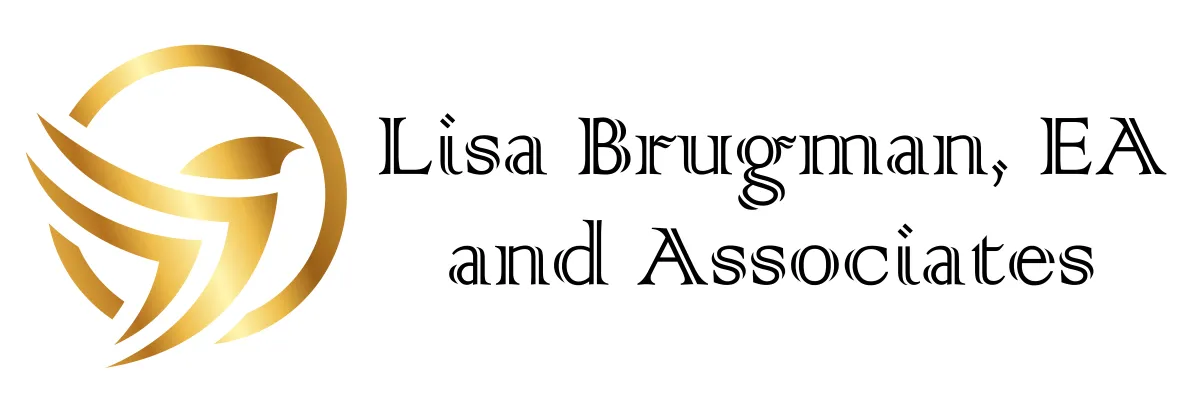BLOG

Are Credit Card Fees Tax Deductible?
💳 Are Credit Card Fees Tax Deductible? (Or Are They Just Expensive Paperweights?)
You open your statement. Again. Another mystery charge from your credit card company—annual fee, interest charge, “oops-you-were-late” fee, and even a fee for just having a credit card. You start to wonder: Can I at least write some of this off come tax season?
The answer? It depends. (Classic tax talk, we know.) Whether you can deduct credit card fees comes down to how you use that card—personally, for business, or (gasp) for both.
👨👩💼 Personal vs. Business Use: Where the Tax Magic Happens
❌ Personal Credit Card Fees
Let’s rip the Band-Aid off: personal credit card fees are not tax-deductible.
That annual fee for your favorite cash-back card? Nope. The interest from your latest online shopping spree? Sorry. Even late fees from forgetting to pay while you were on vacation—nope again. The IRS does not offer a sympathy deduction for impulse purchases or forgetfulness (yet).
So, while these fees may be personally painful, they’re not personally deductible.
✅ Business Credit Card Fees
Now, here’s where things get better. If you're using a credit card solely for business, then the fees and finance charges may be tax-deductible. But hold your horses—we're not talking about writing off that $300 dinner that accidentally ended up on your business card during date night.
The IRS only allows deductions if the charges meet two conditions:
📌 Conditions for Deducting Business Credit Card Fees
1. The Expense Must Be Legit
The IRS is clear: deductible business expenses must be ordinary and necessary.
Ordinary = common in your line of work
Necessary = helpful and appropriate to your business
💡 Example:
Jim runs a landscaping business. He uses his business card to purchase trimmers, fuel, and pay for equipment sharpening. These are ordinary and necessary. On the other hand, booking a “research trip” to the Bahamas? Probably not.
2. The Card Must Be Used Exclusively for Business
Mixing personal and business expenses on one card is like trying to keep glitter in one place—it gets messy fast. If you carry a balance and interest accrues, you’ll have a hard time proving which part was business and which part was buying cat costumes on Amazon.
🧠 Smart Moves for Business Owners
💳 Use a Dedicated Business Credit Card
Think of it like this: if your business had a wallet, it shouldn’t be sharing it with your Netflix account.
Opening a dedicated business credit card:
Keeps your expenses clean and separate
Simplifies your bookkeeping
Makes your tax deductions easier to claim and defend
🧾 Keep Ridiculously Good Records
We're talking:
Receipts
Bank statements
Credit card statements
Notes about why each expense was business-related (especially if it looks like something fun)
If the IRS ever comes knocking, these documents will be your best defense.
🤔 So, What Can I Actually Deduct?
Here’s a cheat sheet for deductible business credit card fees (if used exclusively for business):
Annual fees
Interest on business purchases
Late fees (ideally avoidable, but still deductible)
Foreign transaction fees
Balance transfer fees (if transferred debt was business-related)
Reminder: No deductions for personal purchases. Even if it’s a really nice blender.
✍️ Final Thoughts (and a Small Pep Talk)
Credit card fees don’t have to be a complete waste of money. Used wisely—and for legitimate business expenses—they can actually help reduce your taxable income.
But mixing business with personal spending? That’s a no-go. It complicates your taxes, raises audit red flags, and frankly, makes bookkeeping a nightmare.
So be like Jim the landscaper, not Jerry the “marketing consultant” who wrote off his new PlayStation as “client engagement research.”
💬 Still Confused About What Counts?
If you’re unsure whether your credit card use qualifies for deductions, don’t play the guessing game. Book a call with a tax expert at Lisa Brugman, EA & Associates and get the peace of mind you deserve.
👉 Click here to schedule an appointment
https://storage.googleapis.com/msgsndr/Y3wru9o2agtnTx66z5uZ/media/650d578315fdd01eb024474b.png
https://storage.googleapis.com/msgsndr/Y3wru9o2agtnTx66z5uZ/media/650d578215fdd056b424474a.jpeg






